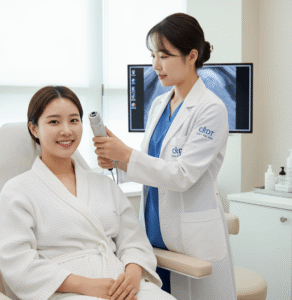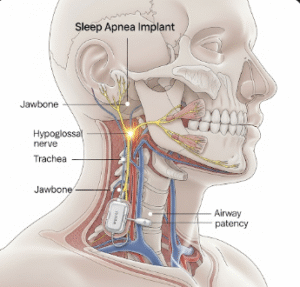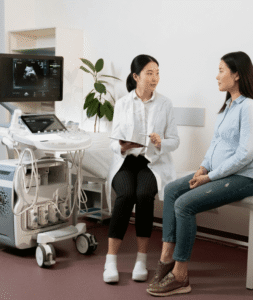Overview
Depression in women is a common mental health condition in Korea, often influenced by hormonal changes, societal expectations, and life transitions. Women may experience higher rates of depression compared to men, particularly during pregnancy, postpartum, or menopause. Korean hospitals and mental health centers increasingly provide specialized care, screening, and counseling tailored for women.
What is Depression in Women?
Depression in women is a psychiatric disorder characterized by persistent sadness, loss of interest in daily activities, fatigue, and impaired functioning. Symptoms may be influenced by biological, psychological, and social factors, including hormonal fluctuations, stress, and societal pressures.
Symptoms
- Persistent sadness or emptiness
- Loss of interest or pleasure in activities
- Fatigue or decreased energy
- Changes in sleep patterns (insomnia or hypersomnia)
- Changes in appetite or weight
- Difficulty concentrating or decision-making
- Feelings of guilt, worthlessness, or hopelessness
- Physical complaints such as headaches or gastrointestinal issues
- Irritability or restlessness
- Suicidal thoughts in severe cases
Causes
- Hormonal changes during menstrual cycles, pregnancy, postpartum, or menopause
- Genetic predisposition or family history of depression
- Neurochemical imbalances (serotonin, norepinephrine, dopamine)
- Chronic stress or trauma
- Relationship, family, or social stressors
- Chronic illnesses or medical conditions
Risk Factors
- Personal or family history of depression or mental illness
- Hormonal transitions (postpartum, menopause)
- Exposure to stress, abuse, or trauma
- Lack of social support
- Chronic medical conditions
- Low socioeconomic status or financial stress
Complications
- Impaired maternal-infant bonding during postpartum
- Social withdrawal and relationship strain
- Increased risk of substance abuse
- Chronic depressive episodes if untreated
- Physical health deterioration
- Suicidal ideation or self-harm
Prevention
- Early screening during high-risk periods (pregnancy, postpartum, menopause)
- Supportive family and social environment
- Healthy lifestyle: diet, exercise, and sufficient sleep
- Counseling or therapy for stress management
- Mental health education for women and families
Treatment Options in Korea
- Diagnosis
- Psychiatric evaluation using DSM-5 criteria
- Screening questionnaires (PHQ-9, Beck Depression Inventory)
- Blood tests to rule out hormonal or metabolic causes
- Medical Treatments
- Antidepressants (SSRIs, SNRIs, tricyclic antidepressants)
- Hormonal therapy in selected cases
- Hospitalization for severe depression or suicidal risk
- Psychological Therapies
- Cognitive Behavioral Therapy (CBT)
- Interpersonal Therapy (IPT)
- Group therapy and support groups for women
- Rehabilitation & Support
- Community-based mental health centers for counseling and follow-up
- Family education programs to improve support
- Postpartum or menopause-focused mental health programs













